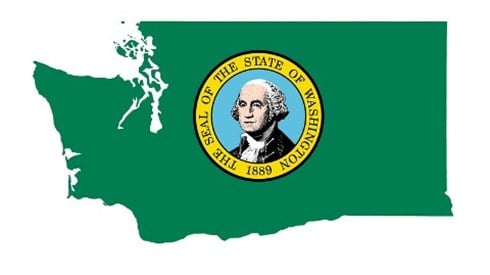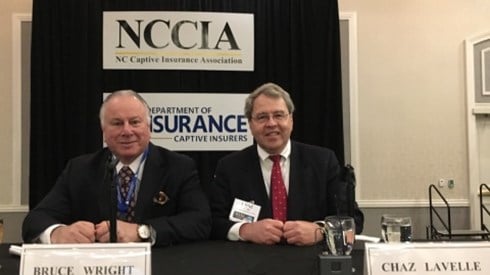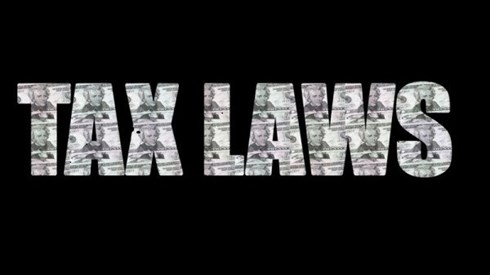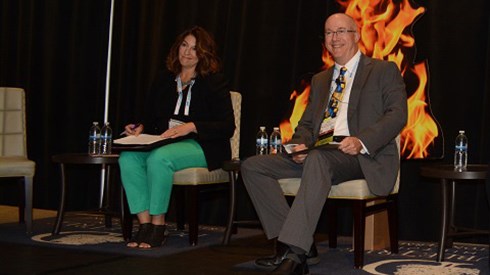Captive Insurers Allowed 18 Months To Self-Report to Washington State

December 11, 2018

Washington State Insurance Commissioner, Mike Kreidler, has offered captive insurance companies that have "unlawfully" insured any risk in Washington State in the past 15 years the chance to pay a substantially reduced fine and premium tax penalty for self-reporting this activity.
This action follows a recent settlement between Microsoft Corporation's Arizona captive insurance company (Cypress Insurance Company) and the state of Washington, where the company paid more than $875,000 for unpaid premium taxes and interest and penalties, ending a cease and desist order issued in May by the commissioner.
The final tax amount appears to have been limited to the premium related to the Washington State-based risk that was written by Cypress.
In an previous statement, Mr. Kreidler said, "Captives are a gray area in state law, and this is the first case where we've tested them."
Earlier this year on a panel at the North Carolina captive conference, Bruce Wright, a partner at Eversheds Sutherland (US) LLP, said that the Washington State statute "seems to say" that if you directly insure business in the state of Washington and are not an admitted insurer in Washington, then you are subject to the state premium tax.
According to the commissioner's office, so-called self-reporting captive insurers will be provided with the following plan.
- The self-reporting period will last 18 months, from January 1, 2019 through June 30, 2020.
- Starting July 1, 2019, the fine amount and tax penalty will increase for every 6 months that the captive insurer waits to self-report, until June 30, 2020.
- The commissioner will pursue maximum fines and tax penalties against captive insurers that have unlawfully insured risk in Washington State after the 18-month grace period ends on June 30, 2020.
Mr. Kreidler's office further stated that it also "encourages" captive insurers who insured risk in the state greater than 15 years ago to self-report those policies from January 1, 2019, through June 30, 2020, without facing fines and premium taxes. Those that choose not to self-report before June 30, 2020, may also face maximum fines and tax penalties, according to the commissioner.
Captive Insurance Companies Association (CICA) President, Dan Towle, said, "What Commissioner Kreidler is doing in Washington State is a huge concern for CICA and our members. We are exploring all of our options in how best to respond in support of our members and the industry."
More Details
According to the office of the insurance commissioner website's captive insurer settlement plan frequently asked questions (FAQ) page, a captive insurance company is "an insurance company established by a parent firm for the purpose of insuring the parent's exposures" and all types of captive insurers "need" to self-report. Single parent/pure captives, group captives, association captives, sponsored/rental captives, and protected/segregated cell captives are all listed by the commissioner's office as captive types that need to self-report.
The website's captive insurer settlement plan FAQs further explain that the following captive insurers should report.
- Captives with a principal place of business in Washington State
- Captives wholly, or partially, owned by a Washington State corporation
- Captives wholly, or partially, owned by an organization that has a principal place of business in Washington State
- Captives that provide, or have provided, coverage for risks or property resident, situated, or to be performed in Washington State
- Captives that have issued ocean marine and foreign trade insurance contracts within the State of Washington
- All captives that insure, or have insured, Washington consumers and/or entities
The FAQs go on to say that incentives for captive insurers that self-report within the specified time frame include the following.
- The state will calculate premium tax, interest on premium tax, and the tax penalty based off of a "look-back" period. The state will forgive any activity outside of the look-back period.
- Reporting prior to December 31, 2019, will result in the shortest look-back period.
- Captives that self-report before December 31, 2019 will pay 25 percent of the tax penalty, the remaining 75 percent will be forgiven, and the regulatory fine for unauthorized activity will not exceed $25,000.
- Captives that self-report by June 30, 2019 will pay 50 percent of the tax penalty, the remaining 50 percent will be forgiven, and the regulatory fine for unauthorized activity will be no greater than $100,000.
- Captives that self-report by June 30, 2020 will pay 75 percent of the tax penalty and the remaining 25 percent will be forgiven. No regulatory fine limitation is indicated.
December 11, 2018



